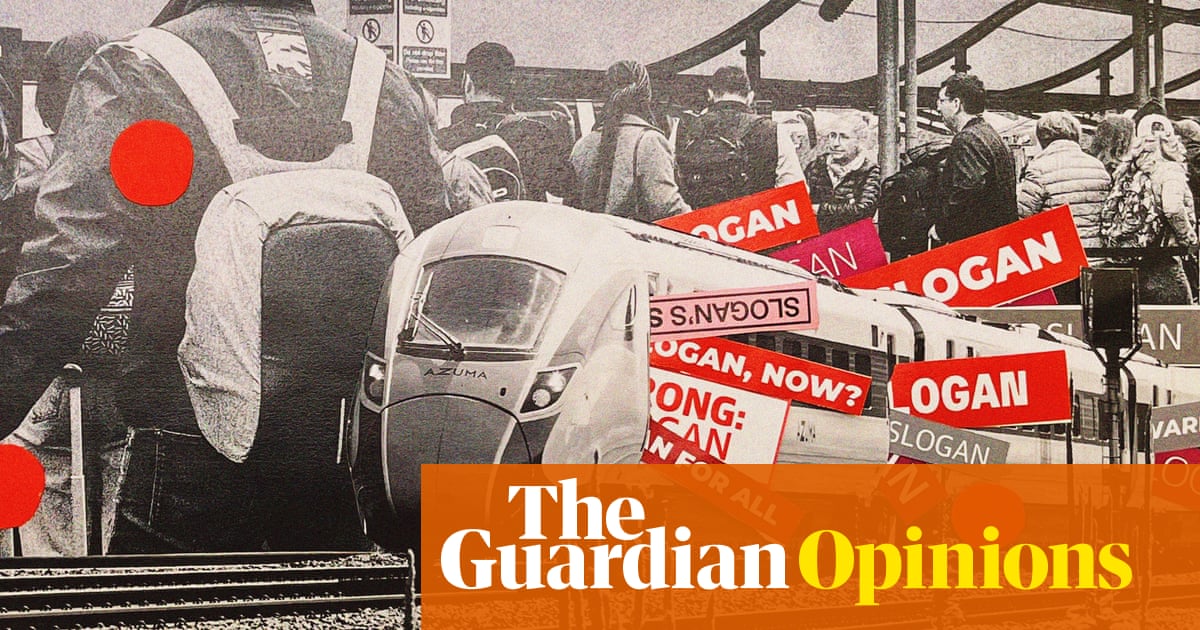
Ijoined the civil service when Tony Blair was in his pre-Iraq pomp, not long after his “new dawn” speech sent many people’s expectations – after 18 years of increasingly sleaze-spattered Tory rule – soaring. Our boss at the time, the cabinet secretary and head of the civil service Robin (now Lord) Butler, famously said to Blair at his very first cabinet meeting: “Now what?”
Here we are again. Except the stakes are far higher than they were in 1997. Witness the freshly minted chancellor’s claim that the new government has inherited the “worst set of circumstances since the second world war”. This isn’t hyperbole, and Rachel Reeves’s warnings to the public – and to all of us in the public sector – about the “difficult decisions” to come will be repeated far beyond what will be a mercilessly short honeymoon period.
Speaking of which, how do the country’s half a million civil servants feel about getting into bed with a new Labour administration?
Glad you asked. But, for those new to this column, I’ll pause here to draw your attention to two things. First, the civil service code expressly forbids civil servants from commenting publicly about this kind of stuff, regardless of which shower happens to be in power. Second, I’m having far too much fun to be completely trusted to represent the views of all civil servants.
But we are where we are. So let me try to describe the mood across the back offices, call centres and oubliettes of government. This is based on a highly unscientific sample of reactions from civil servants who responded to my recent open call on Twitter, including those working in the re-christened Ministry of Housing, Communities and Local Government (MHCLG) (they’ve dropped “Levelling Up”); the Home Office; and in the so-called devolved administrations of Scotland and Wales.
Above all, there is a profound sense of relief that, as the incoming chief secretary to the Treasury recently purred, “the adults are back in the room”. One particularly long-serving colleague told me: “I’ve never been so glad to see the back of a government – of any colour.” But that relief is tempered by the lingering worry that too much has been promised. As another colleague told me: “I’m worried that the public won’t like the time it will take for things to change … will ministers take the blame – or will it be passed down to us?”
A worker from the aforementioned housing ministry also spoke of their relief at the announcement that “levelling up” would be deleted from the departmental boilerplate, almost audibly sighing that “we were widely ridiculed by stakeholders. MHCLG feels so much more professional and signals a fresh start.” A Welsh government civil servant told me that Keir Starmer’s visits to Cardiff and Edinburgh were a “positive start” and hoped for a kinder and more collaborative approach to working with Scotland and Wales.
Others have been impressed by Starmer’s “all of the talents” approach to forming his ministerial team. Take Patrick Vallance, an actual scientist who has been appointed science minister, as well as the renowned international lawyer Richard Hermer KC, who has been named attorney general. The auspicious appointment of James Timpson as prisons minister went down particularly well as a sign that we may have a PM who values expertise over loyalty.
But probably the most telling comment was this one:
“For the first time in my career, I feel like I can breathe a little, and that I won’t face each day wondering what nasty bit of policy we’ll be told to enact. I’m under no illusions that I’ll personally agree with everything the new government will do – nor would I expect to – but I feel professionally revitalised knowing that the adults are back in charge.”
Civil servants know that the quality of their relationship with ministers makes a big difference to delivery. Our experience suggests an inverse relationship between the amount of time ministers spend bitching about civil servants, and how effective those ministers are.
Our new PM, as a former civil servant himself, knows this and is sensibly trying to get the civil service onside. Check out his free-verse message to us, which concludes: “Delivering change won’t be easy, you don’t need me to tell you that … you have my confidence, my support and, importantly, my respect.”
Talk is cheap. Still, Starmer’s words are a welcome change from the persistent abuse we’ve had from government ministers in recent years. Who knows, maybe other public sector insiders – including me and the likes of the Secret Barrister, the Secret Teacher and other anonymous workers in health, social care and elsewhere – will in future feel less compulsion to write on the downlow about their lived experiences of being gaslit by government. We will see.
For now, considering what’s happening in the US, in Russia and in France, maybe we can give a soupçon of credit to our system of government. Yes, the UK permits constitutional loopholes big enough to drive a Boris bus through. No, the new government has not yet grasped the nettles of Gaza, the climate crisis or Brexit – and maybe it won’t. But we can perhaps take a little comfort in the fact that there are surely few countries in the world where the Rwanda policy and other fatbergs of accumulated economic and political dysfunction can begin to be dissolved the very day after a transfer of power as smooth, rapid and mercifully bloodless as we saw on 5 July.
Now what? Is this the start of a beautiful relationship? Maybe, but civil servants will be looking for more evidence that Starmer will deliver on his promise to work with us rather than against us.
The author works for the UK civil service












